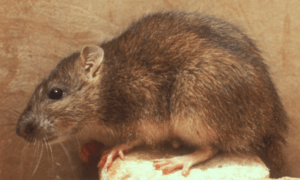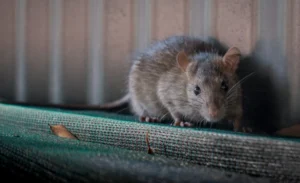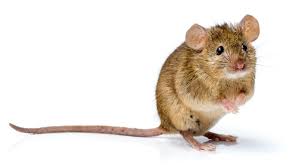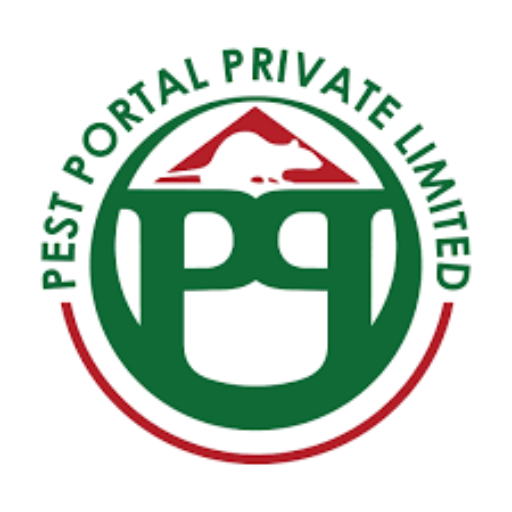Uninvited Guests: Rodents and Rats Common in Harare and Zimbabwe
Rodents and rats are common in Harare and Zimbabwe. Have you got a rat problem? Call 0772593344 for affordable and reliable rat solutions today.
Zimbabwe, particularly urban areas like Harare, face a common challenge: rodent infestations. Understanding the types of rats and mice you’re likely to encounter is the first step in effective pest control and preventing health risks. This post aims to shed light on the most prevalent rodent species found in Harare and throughout Zimbabwe.
While the term “rat” is often used loosely, there are distinct species with varying characteristics. Here’s a rundown of the most common offenders:
Common Types of Rodents or Rats Found in Harare and Zimbabwe
1. The Norway Rat (Rattus norvegicus):

Also known as the brown rat or sewer rat, the Norway Rat is a widespread and adaptable pest. It’s larger than most other rodents found in the region, typically reaching up to 40cm in body length, excluding the tail.
Appearance: Coarse brown fur, a blunt nose, and a thick, scaly tail.
Habitat: They thrive in urban environments, often found in sewers, rubbish dumps, under buildings, and near water sources.
Characteristics: Norway rats are excellent burrowers and scavengers. They are opportunistic eaters, consuming almost anything from grains and vegetables to meat scraps and garbage. They are known to cause significant damage to property by gnawing through wires and building materials.
2. The Roof Rat (Rattus rattus)

Also called the black rat or ship rat, the Roof Rat is smaller and more agile than the Norway rat.
Appearance: Sleek black or dark brown fur, a pointed nose, large ears, and a long, slender tail (longer than its body).
Habitat: As the name suggests, they prefer to nest in elevated areas like attics, trees, and dense vegetation. They are more common in coastal regions but can also be found inland.
Characteristics: Agile climbers, Roof Rats are adept at navigating buildings and structures. They are primarily nocturnal and feed on fruits, seeds, grains, and insects. They can cause considerable damage to stored food and contaminate surfaces with their droppings.
3. The House Mouse (Mus musculus):

Smaller and more delicate than rats, the House Mouse is still a significant pest in homes and businesses.
Appearance: Small body size, typically 7-10cm long, with light brown or gray fur, a pointed nose, and a long, thin tail.
Habitat: They can be found virtually anywhere, from homes and warehouses to fields and gardens. They prefer to nest in sheltered areas like wall voids, cupboards, and under furniture.
Characteristics: Highly adaptable, House Mice can survive on very little food and water. They are opportunistic feeders and can contaminate food stores with their urine, droppings, and hair. Their constant gnawing can also damage structures and electrical wiring.
Beyond these main species, other rodents, although less common, might also be encountered:
African Multimammate Mouse (Mastomys natalensis): Known for its high reproductive rate, this mouse can become a pest in agricultural settings.
Striped Field Mouse (Rhabdomys pumilio): Commonly found in grasslands and agricultural areas.
Why Identification Matters:
Identifying the specific rodent species infesting your property is crucial for several reasons:
Targeted Control: Different rodents exhibit different behaviors and preferences. This knowledge allows pest control professionals in Zimbabwe to implement more effective and targeted rodent control strategies.
Prevention: Understanding the habits of each species helps you implement preventative measures, such as sealing entry points, storing food properly, and maintaining a clean environment.
Health Risks: Rodents carry various diseases and parasites that can pose a serious threat to human health. Recognizing the presence of rodents allows you to take precautions to minimize exposure.
If you suspect a rodent infestation in your home or business, it’s best to consult Pest Portal Zimbabwe, the qualified pest control professional in Harare and Zimbabwe. We can accurately identify the species and recommend the most appropriate and safe treatment methods.
By understanding the types of rodents commonly found in Harare and Zimbabwe, you can take proactive steps to protect your property, health, and well-being.


